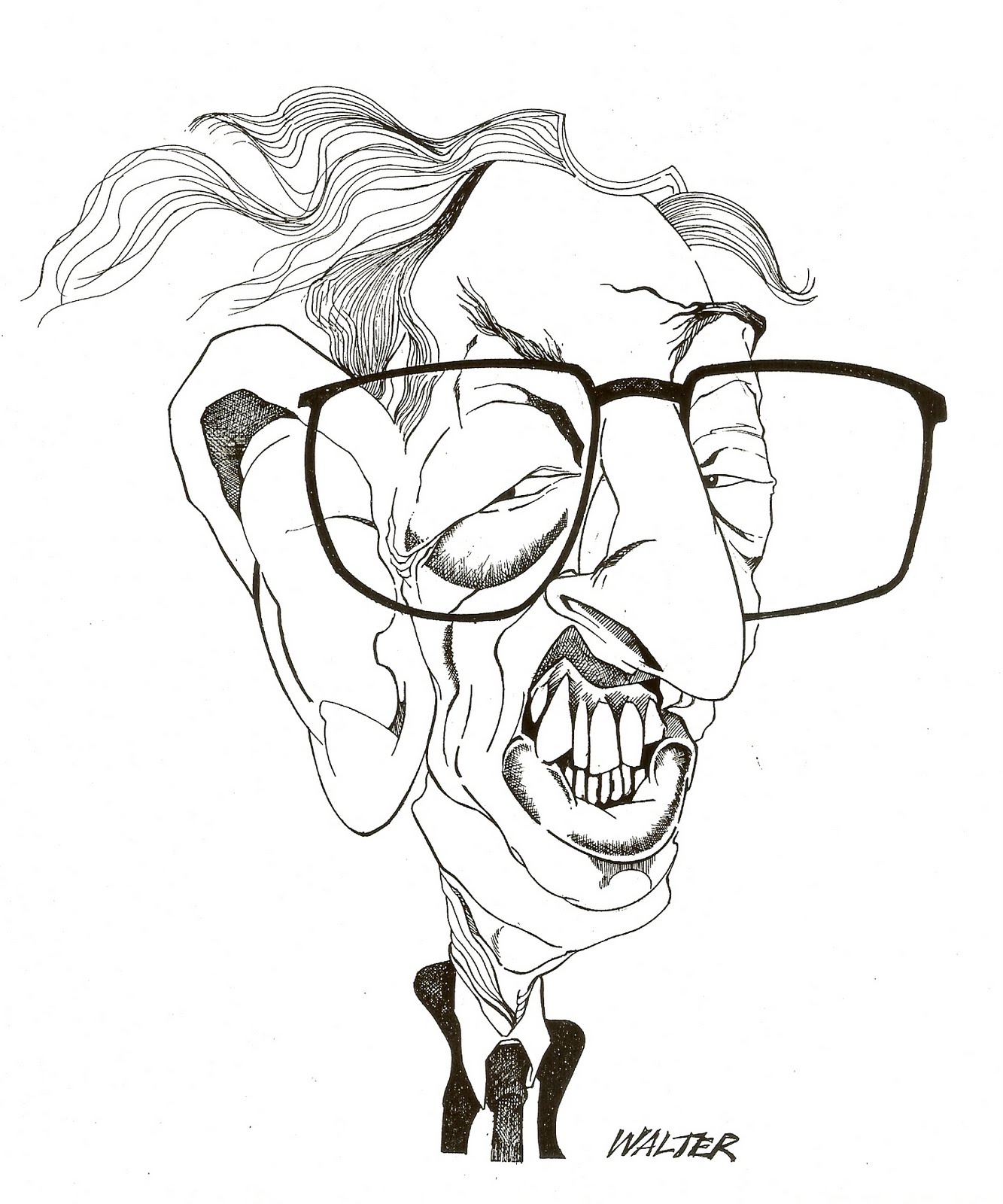[marked up by Lynn C. Rees]
A Declaration of the Representatives of the UNITED STATES OF AMERICA, in General Congress assembled. In Congress, July 4,1776. The unanimous Declaration of the thirteen United States of America.
When in the Course of human events, it becomes necessary for a People to advance from that Subordination, in which they have hitherto remained, one people to dissolve the political bands which have connected them with another and to assume among the Ppowers of the Eearth the equal and independant Station the separate and equal station to which the Laws of Nature and of Nature’s God entitle them, a decent Rrespect to the opinions of Mmankind requires that they should declare the Ccauses which impel them to the Change separation.
We hold these truths to be self–evident, that all men are created equal and independant, that from that equal creation they derive rights inherent and inalienable, that they are endowed by their Creator with certain unalienable rights, among which that among these are the Preservation of Life, and Liberty, and the Pursuit of Happiness. tThat to secure these Ends rights, Governments are instituted among men, deriving their just powers from the Cconsent of the governed; t.—That whenever any Form of gGovernment shall become becomes destructive of these ends, it is the Rright of the People to alter or to abolish it, and to institute new Government, laying its Ffoundation on such principles and organizing its powers in such form, as to them shall seem most likely to effect their Safety and Happiness. Prudence, indeed, will dictate that Governments long established should not be changed for light and transient Ccauses; and accordingly all Eexperience hath shown, that mankind are more disposed to Ssuffer, while Eevils are Ssufferable, than to right themselves by abolishing the forms to which they are accustomed. But when a long train of Aabuses and Uusurpations, begun at a distinguish’d Period and, pursuing invariably the same oObject, evinces a Ddesign to reduce them under absolute Power dDespotism, it is their Rright, it is their Dduty, to throw off such Government, and to provide new Guards for their future security. Such has been the patient Ssufferance of these Colonies; and such is now the Nnecessity which constrains them to expunge alter their former systems of government. The history of his present Majesty, the present king of Great Britain is a history of unremitting repeated injuries and usurpations, among which no one Fact stands Single or Solitary to contradict the uniform tenor of the rest, all of which have having in direct object the Eestablishment of an absolute Ttyranny over these Sstates. To prove this let Ffacts be Ssubmitted to a candid Wworld., for the Truth of which We pledge a Faith, as yet unsullied by falsehood.
He has refused his assent to laws the most wholesome and necessary for the public good.
He has forbidden his Governors to pass Laws of immediate and pressing importance, unless suspended in their operation till his assent should be obtained; and, when so suspended, he has neglected utterly to attend to them.
He has refused to pass other Laws for the accomodation of large Ddistricts of Ppeople unless those Ppeople would relinquish the right of Representation in the Legislature, a Rright inestimable to them, and formidable to Ttyrants only.
He has called together legislative bodies at places unusual, uncomfortable, and distant from the depository of their public rRecords, for the sole purpose of fatiguing them into compliance with his measures.
He has dissolved Representative Houses repeatedly and continually,for opposing with manly Ffirmness his Iinvasions on the Rrights of the Ppeople;
He has refused, for a long Space of Ttime after such Ddissolutions to cause others to be elected, whereby the lLegislative Ppowers, incapable of aAnnihilation have returned to the People at large for their Eexercise, the sState remaining, in the mean Ttime meantime, exposed to all the Ddangers of Iinvasion from without, and Convulsions within.
He has endeavoured to prevent the Ppopulation of these States; for that purpose obstructing the Laws for nNaturalization of fForeigners; refusing to pass others to encourage their Mmigrations hither, and raising the Cconditions of new Appropriations of Lands.
He has suffered obstructed the Administration of Justice totally to cease in some of these Colonies, by refusing his Assent to Laws for establishing Judiciary Powers.
He has made our Judges dependent on his Will alone, for the Ttenure of their offices, and the amount and payment of their Ssalaries.
He has created a Mmultitude of nNew oOffices by a Self-assumed Power, and sent hither swarms of oOfficers to harass our Ppeople, and eat out their Ssubstance.
He has kept among us, in Ttimes of Ppeace, Standing Armies and Ships of War without the cConsent of our legislatures..
He has affected to render the mMilitary independent of and Superiour superior to the cCivil Ppower.
He has combined with others to subject us to a Jjurisdiction foreign to our Cconstitution, and unacknowledged by our Llaws; giving his Assent to their pretended Acts of pretended Legislation:
fFor quartering large Bbodies of armed Ttroops among us:
fFor protecting them, by a Mmock Tryal Ttrial from Ppunishment for any Murders which they should commit on the Inhabitants of these States:
fFor cutting off our Ttrade with all Pparts of the Wworld;
fFor imposing Taxes on as without our Consent—fFor depriving Uus in many cases of the Bbenefits of Trial by Jjury;
fFor transporting us beyond Seas to be tried for pretended offences:
fFor abolishing the free sSystem of English Llaws in a neighbouring Province, establishing therein an aArbitrary government, and enlarging its Boundaries so as to render it at once an example and fit instrument for introducing the same absolute rule into these cColonies:
fFor taking away our Charters, abolishing our most valuable lLaws, and altering fundamentally the Forms of our Government:
fFor suspending our own Legislatures, and declaring themselves invested with Ppower to legislate for us in all Ccases whatsoever.
He has abdicated Government here withdrawing his Governors, and by declaring us out of his Allegiance and pProtection, and waging war against us.
He has plundered our Sseas, ravaged our Coasts, burnt our towns, and destroyed the Lives of our Ppeople.
He is at this Ttime transporting large Armies of foreign Mercenaries to complete compleat the Wworks of death, Ddesolation, andTtyranny, already begun with Ccircumstances of Ccruelty and Pperfidy scarcely paralleled in the most barbarous ages, and totally unworthy the Head of a civilized Nnation.
He has excited domestic insurrection among us, and has endeavoured to bring on the Iinhabitants of our Ffrontiers, the merciless Indian Savages, whose known Rrule of Wwarfare is an undistinguished Ddestruction of all Aages, Ssexes, and Cconditionsof existence.
He has incited treasonable Insurrections of our Fellow Citizens, with the allurement of Forfeiture and Confiscation of our Property.
He has constrained others our fellow citizens taken cCaptive on the high sSeas, to bear arms against their cCountry, to become the executioners of their friends and bBrethren, or to fall themselves by their hHands:
He has waged cruel War against human Nature itself, violating its most sacred Rights of Life and Liberty in the Persons of a distant People who never offended him, captivating and carrying them into Slavery in another Hemisphere, or to incur miserable Death, in their Transportation thither. This piratical Warfare, the opprobrium of infidel Powers, is the Warfare of the Christian King of Great Britain.
He has prostituted his Negative for Suppressing every legislative Attempt to prohibit or to restrain an execrable Commerce, determined to keep open a Market where Men should be bought and sold, and that this assemblage of Horrors might want no Fact of distinguished Die.
He is now exciting those very People to rise in Arms among us, and to purchase their Liberty of which he has deprived them, by murdering the People upon whom he also obtruded them: thus paying off, former Crimes committed against the Liberties of one People, with Crimes which he urges them to commit against the Lives of another.
In every stage of these oOppressions wWe have pPetitioned for rRedress, in the most humble tTerms: oOur repeated Petitions have been answered by repeated Iinjury.
A Prince whose Ccharacter is thus marked by every Aact which may define a Tyrant, is unfit to be the Rruler of a People who mean to be free people. future ages will scarce believe, that the Hardiness of one Man, adventured, within the Short Compass of twelve years only, on so many Acts of Tyranny, without a Mask, over a People, fostered and fixed in the Principles of Liberty.
Nor have wWe been wanting in Aattentions to our British Bbrethren. We have warned them from Ttime to Ttime of attempts of by their Llegislature to extend a an unwarranted Jjurisdiction over these our States us. We have reminded them of the Ccircumstances of our Eemigration and Ssettlement here no one of which could warrant so strange a Pretension. That these were effected at the expense of our own Blood and Treasure, unassisted by the Wealth or the Strength of Great Britain; that in constituting indeed, our Several Forms of Government, we had adopted one common King, thereby laying a Foundation for Perpetual League and Amity with them; but that Submission to their Parliament, was no Part of our Constitution, nor ever in Idea, if History may be credited; and wWe have appealed to their Nature, native Jjustice and Mmagnanimity and we have conjured them by as well as to the Tties of our common Kkindred to disavow these usurpations which were likely to would inevitably interrupt our Correspondence and Connection connection and correspondance. They too have been deaf to the Vvoice of Jjustice and of Cconsanguinity. and when occasions have been given them by the regular Course of their Laws of removing from their Councils, the Disturbers of our Harmony, they have by their free Election, re-established them in Power. At this very Time too, they are permitting their Chief Magistrate to send over not only soldiers of our common Blood, but Scotch and foreign Mercenaries, to invade and deluge us in Blood. These Facts have given the last Stab to agonizing affection, and manly Spirit bids us to renounce forever these unfeeling Brethren. We must endeavour to forget our former Love for them, and to hold them, as we hold the rest of Mankind, enemies in War, in Peace Friends. We might have been a free and a great People together but a Communication of Grandeur and of Freedom it seems is below their Dignity. Be it so, since they will have it: The Road to Happiness and to Glory is open to us too; we will climb it, apart from them We must therefore and acquiesce in the Nnecessity which denounces our eternal Sseparation and hold them, as we hold the rest of mankind, Enemies in War, in Peace Friends.
We, therefore, the Representatives of the United States of America, in General Congress aAssembled, appealing to the Supreme Judge of the world for the rectitude of our intentions, do, in the Name, and by the Authority of the good People of these States Colonies, reject and renounce all Allegiance and Subjection to the Kings of Great Britain, and all others, who may hereafter claim by, through, or under them; We utterly dissolve and break off, all political Connection which may have heretofore subsisted between us and the People or Parliament of Great Britain, and finally we do assert solemnly publish and declare, that these United Colonies are, and of Right ought to be fFree and iIndependent States; that they are Absolved from all allegiance to the British Crown, and that all political connection between them and the State of Great Britain, is and ought to be totally dissolved; and that as fFree and iIndependent States, they shall hereafter have full Power to levy War, conclude Peace, contract Alliances, establish Commerce, and to do all other Acts and Things which independent States may of Right do. —And for the Ssupport of this Declaration, we mutually pledge to each other our Lives, our Fortunes, and our Sacred Honour Honor.









